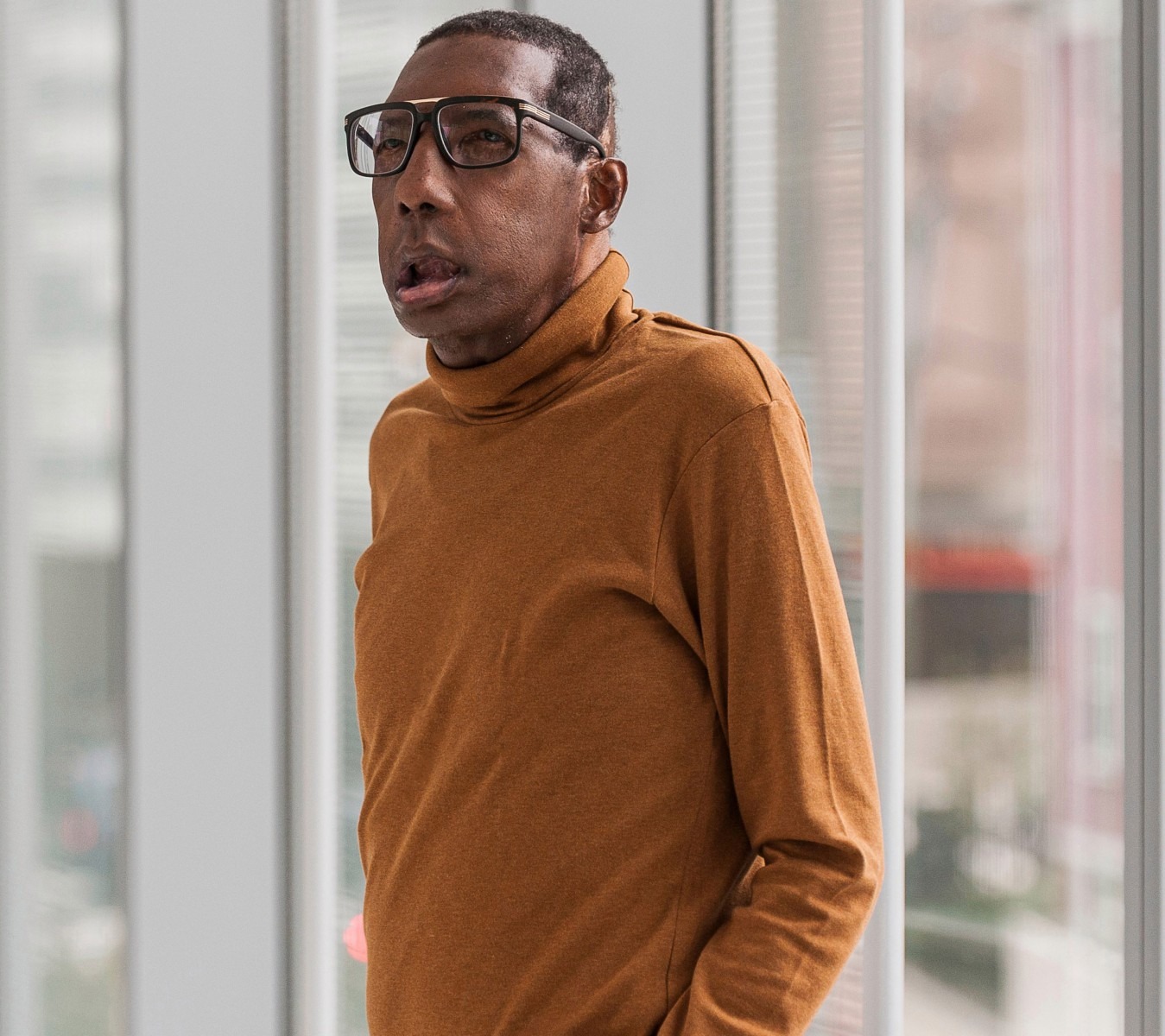A MAN has become the first African American patient to receive a full face transplant – after suffering horrific burns to 60 per cent of his body.
Robert Chelsea, 68, from California, had been waiting six years for the procedure while doctors tried to find a donor with the same skin tone.
However, he finally underwent the extensive 16-hour face transplant, involving over 45 members of staff, in July.
Robert said: “May God bless the donor and his family who chose to donate this precious gift and give me a second chance.
“Words cannot describe how I feel. I am overwhelmed with gratitude and feel very blessed to receive such an amazing gift.”
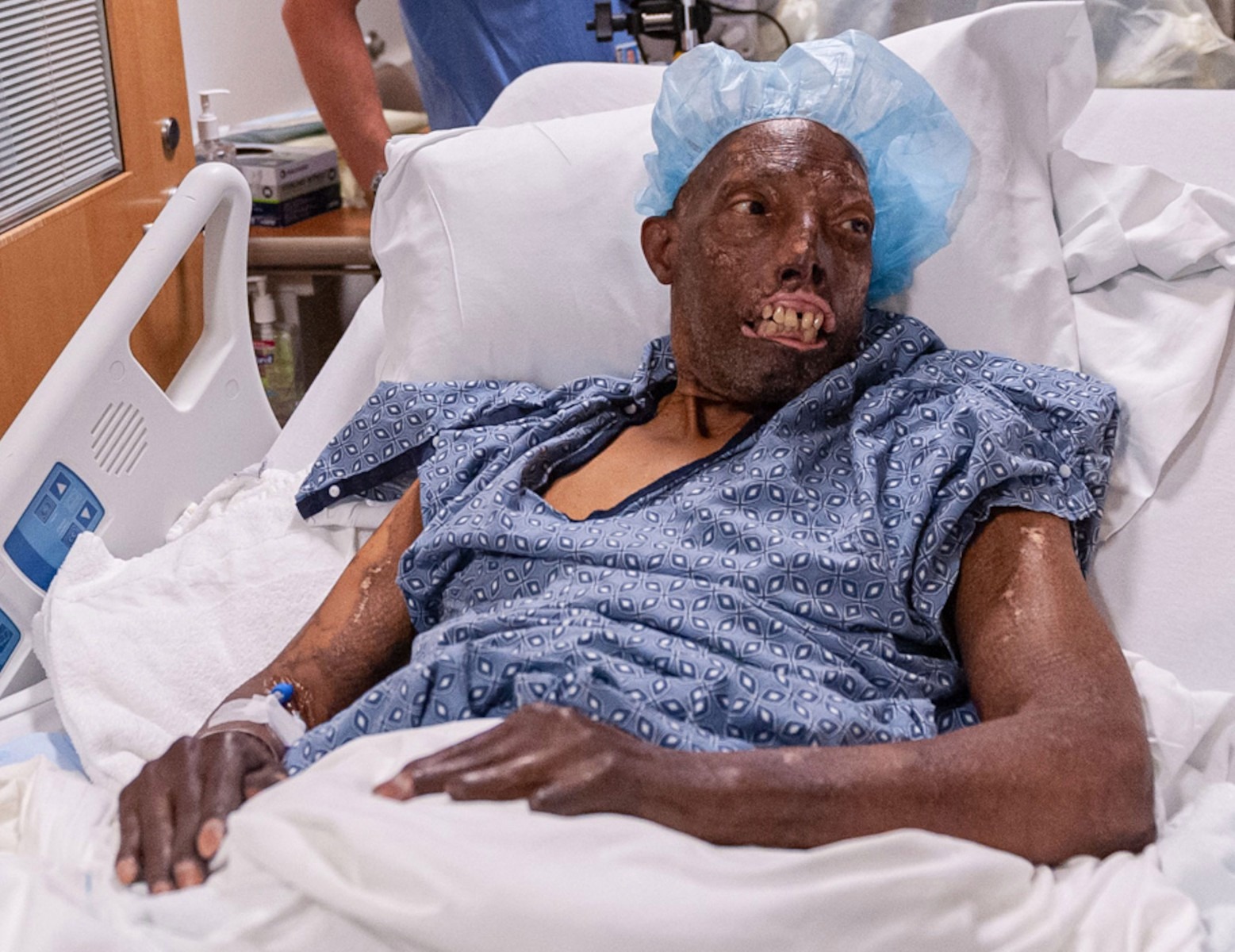
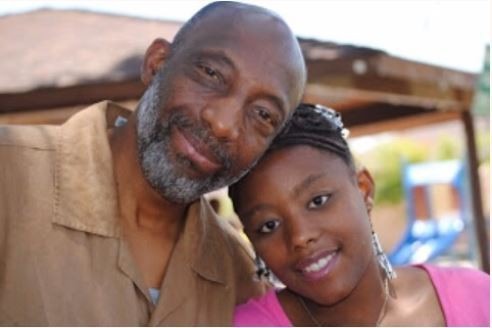
Robert’s life changed forever in August 2013 when he was waiting for his car to cool down by the side of a freeway in Los Angeles.
A drunk driver smashed into his stationary vehicle – and Robert was completely engulfed in flames.
As a result of the devastating incident, he suffered burns to more than 60 per cent of his face and body and he lost his lips, part of his nose and his left ear.
Following this, Robertwas left in a coma for six months, hospitalised for one-and-a-half-years and underwent over 30 surgeries.
At the time, one of his surgeons, Dr Victor Joe, said he was “one of the sickest patients we’ve had”.
Robert was listed for a face transplant in March 2018, but failed to find one which matched his skin tone, as only 14 per cent of deceased registered donors are black.
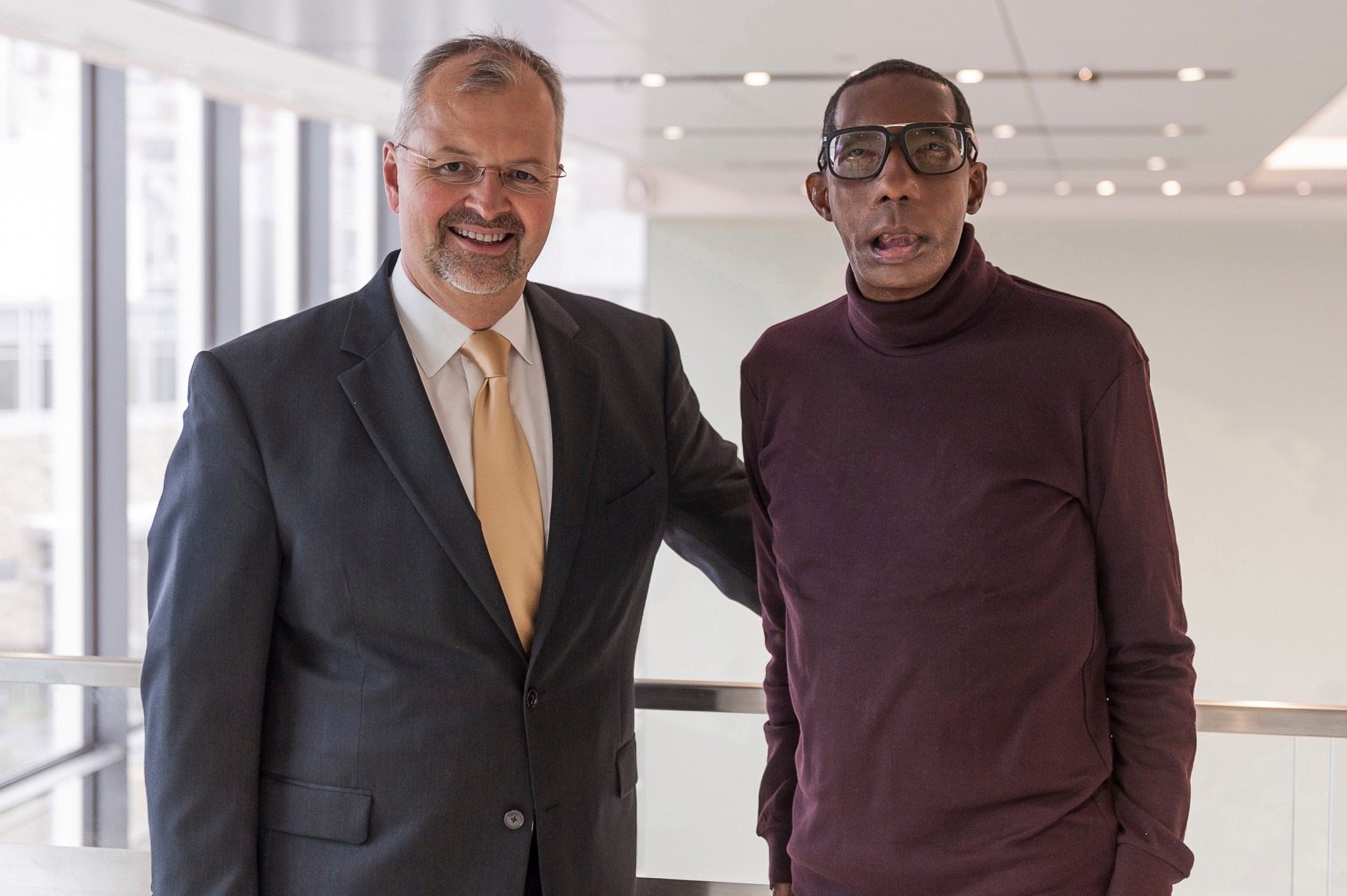
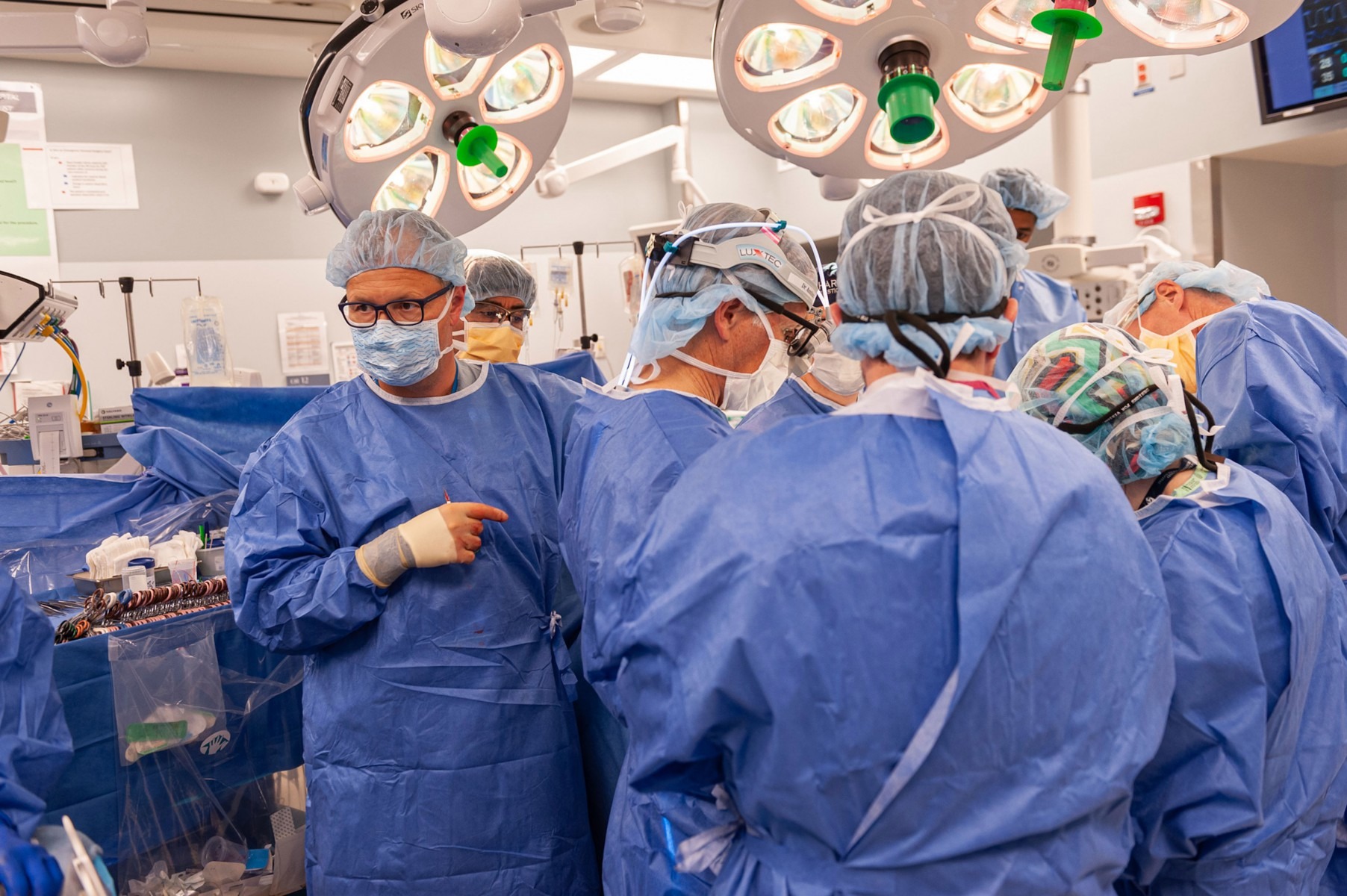
He previously turned down a donor because the skin was too fair.
But in July this year, he finally had the transplant – becoming the worlds first black and oldest ever patient to have one.
Robert said: “This experience has been an incredible journey for me, filled at times with many challenges.
“Today, however, I am thrilled to say that Im on the road to recovery thanks to the incredible team of doctors and staff at Brigham and Womens Hospital, the love and support of my family and friends, and my unwavering faith.”
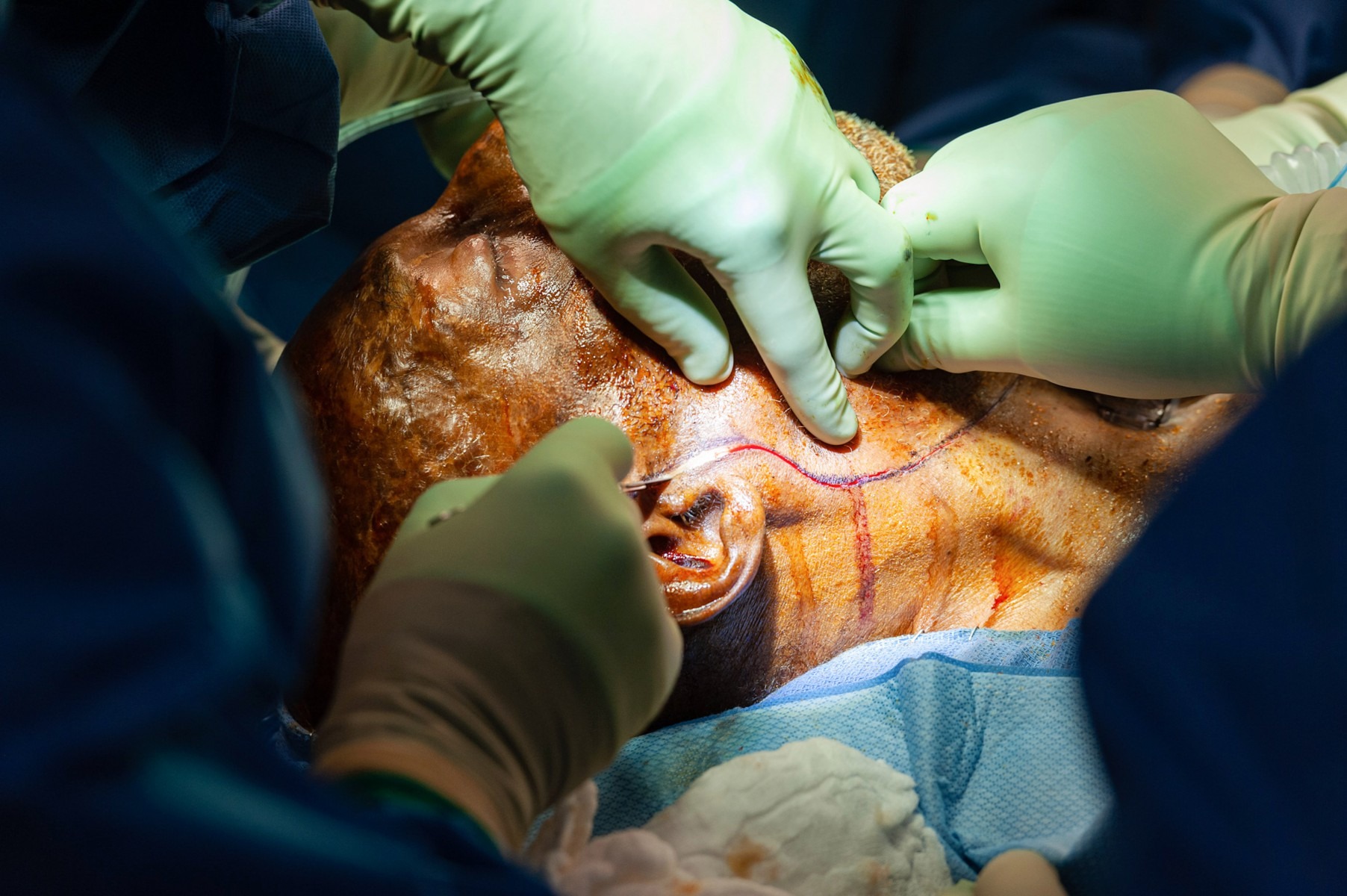
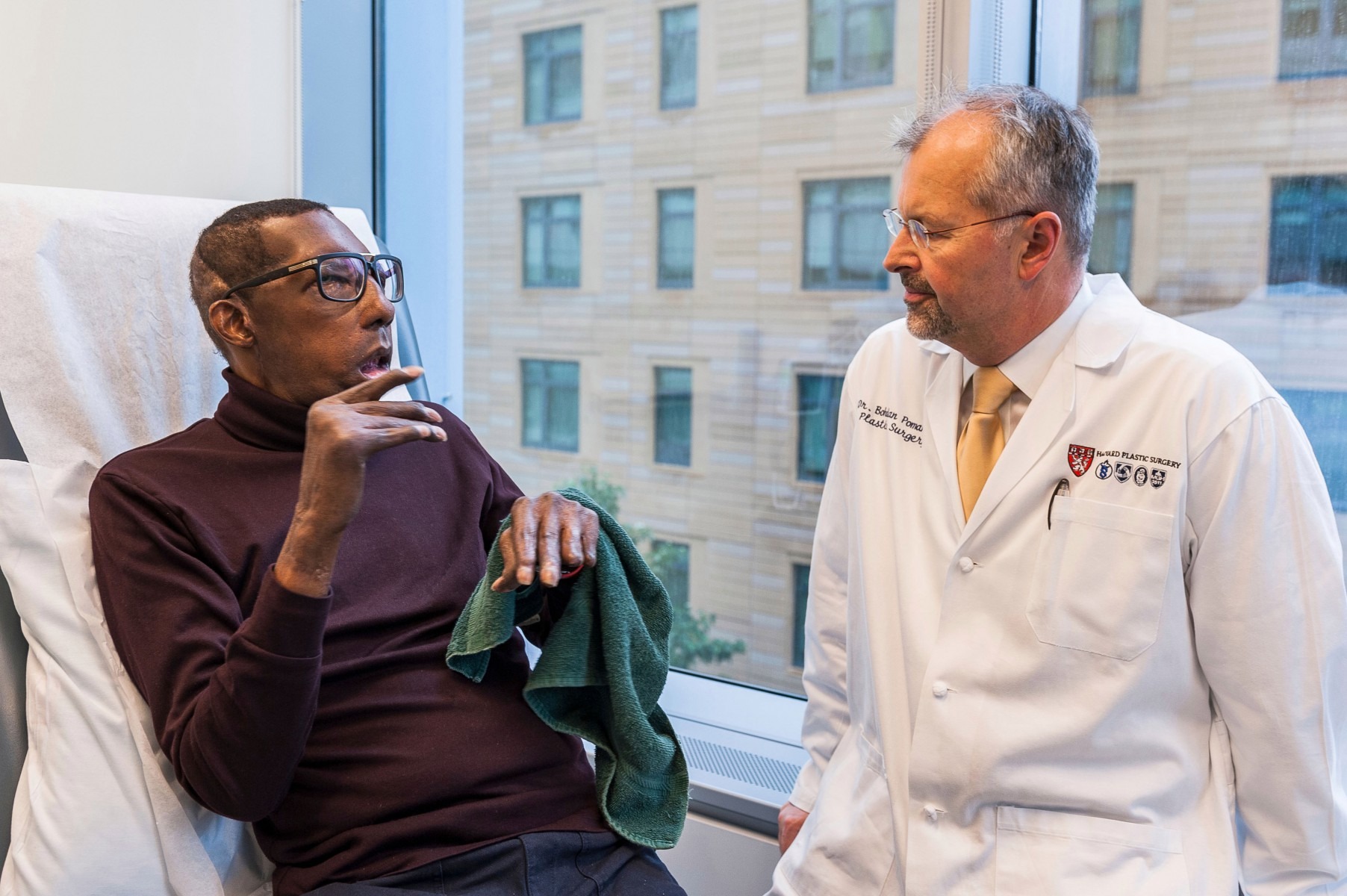
Bohdan Pomahac, Director of Plastic Surgery Transplantation at Brigham Health, revealed that Robert has made a quick recovery following his surgery.
Hesaid: “Despite being the oldest face transplant patient at 68, Robert is progressing and recovering remarkably fast.
“We are looking forward to seeing a significant improvement in Roberts quality of life.
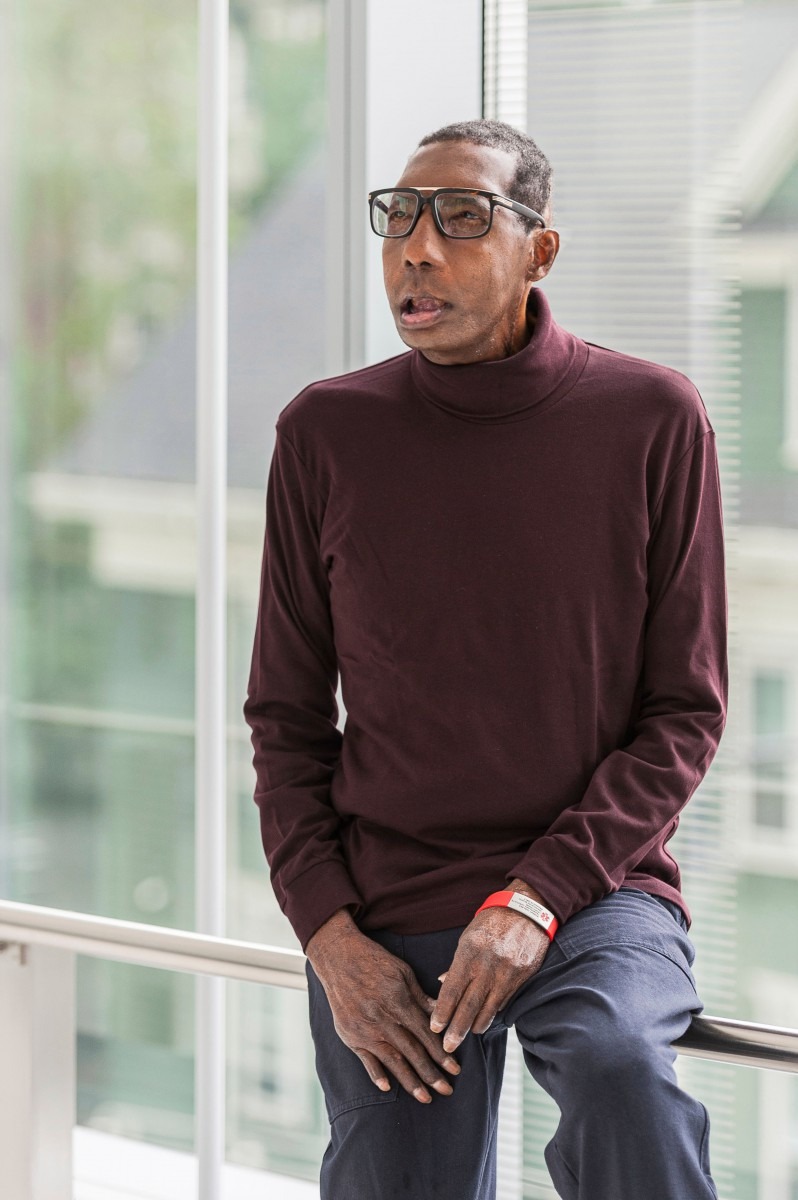
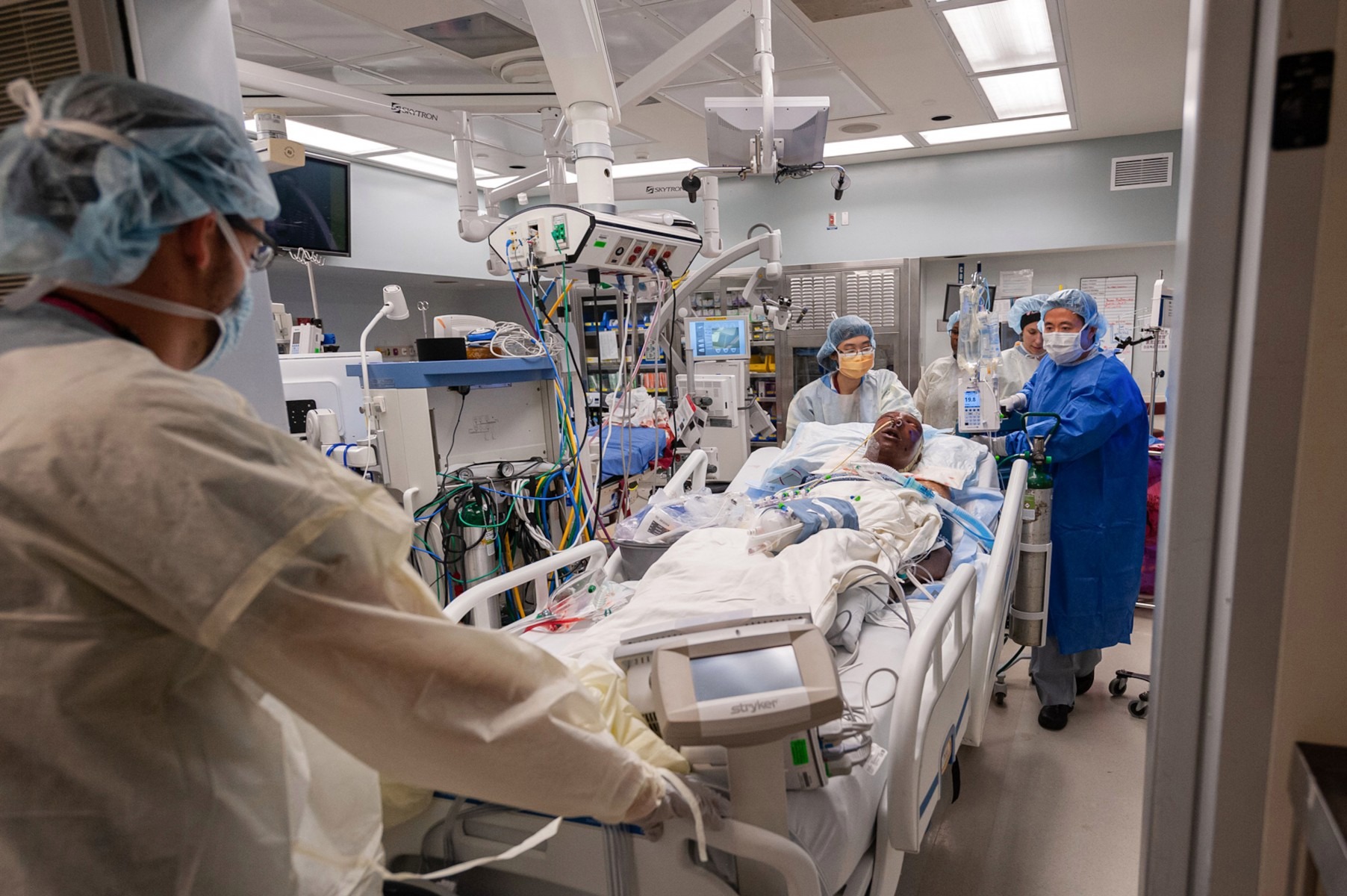
“Our previous experience has demonstrated that face transplantation is a viable option for patients with severe disfigurement and limited function who have no alternatives.
“As we continue to expand this treatment to more patients, we are exploring the ways in which we can quantify how much benefit our patients receive as well as identifying opportunities to limit the risks of this transplant through new immunosuppression protocols.”
Alexandra Glazier, President and CEO of New England Donor Services, is now urging more people to consider organ donation.

She said: “It is vitally important for individuals of all races and ethnicities to consider organ donation, including the donation of external grafts, such as face and hands.
“Unlike internal organs, the skin tone of the donor may be important to finding a match.”

